Russia ready to 'invest' in Europe, says Medvedev
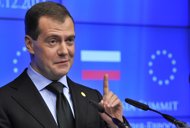
President Dmitry Medvedev spoke of financial aid and "other measures" at the close of a two-day summit with European Union that otherwise exposed differences over energy deals, Syria and an oil embargo on Iran.
"We are ready to invest all financial means to back the European economy and the eurozone," Medvedev said.
Medvedev spoke after his economic adviser Arkady Dvorkovich said Moscow could contribute up to $20 billion (15 billion euros) to International Monetary Fund resources intended for use in stabilising the eurozone.
"What we need to do is make markets believe," Dvorkovich said.
The exact sum depends on progress towards a 200-billion-euro boost to IMF resources agreed by EU leaders, he said.
The EU has given participating states until Monday to come up with their pledges.
The Russian president did not mention any figures himself, but his adviser said $10 billion due to be returned to Moscow by the IMF could be diverted towards eurozone aid upon the Fund's request, with another $10 billion added as an optional contribution.
Medvedev said Russia wanted to preserve the euro.
Forty-one per cent of Russia's currency reserves are held in the euro, and half of all Russian external trade is conducted with the EU, he added.
The head of a Russian sovereign investment fund, Kirill Dmitriev, told AFP that a $10-billion pot was being directed towards co-financing private investments in European businesses.
"Aid alone won't solve the fundamentals, this is the key to the growth that's really missing," he said after Medvedev attended a forum with industrial giants including Deutsche Bahn and Siemens.
The summit itself gathered EU president Herman Van Rompuy, executive head Jose Manuel Barroso, foreign affairs chief Catherine Ashton and energy commissioner Guenther Oettinger.
Medvedev was joined by Foreign Minister Sergei Lavrov and Economic Development and Trade Minister Elvira Nabiullina.
Prime Minister Vladimir Putin was on the campaign trail in Moscow for the upcoming election to replace Medvedev.
Preparation for the vote has come under scrutiny after protests and vote rigging allegations followed this month's parliamentary polls.
Medvedev announced in September that he would stand aside to allow Putin to run for his old job, aiming to take the post of premier in a powerful job swap.
Van Rompuy urged Moscow to stay on Medvedev's oft-touted path of modernisation "based on democratic values, built on a modern economy and ensuring further political reforms."
He praised Russia for letting in 500 international election observers to the parliamentary polls, but expressed concern at irregularities reported by them. He hoped Russia would cooperate again "to ensure the smooth monitoring of the presidential elections."
Medvedev said the two sides had held "open" discussions on the elections, but said the EU also had problems Moscow would like to see investigated, including discrimination against Russian-speaking minorities in some EU countries. "We cannot turn a blind eye to that."
The EU and Russia remain far apart on a Trans-Caspian pipeline which Brussels is now negotiating with Azerbaijan and Turkmenistan, but the two sides took the first tentative steps towards a cherished Russian goal of visa-free travel in and out of the bloc.
On Friday, Russia will sign in Geneva its World Trade Organization accession, 18 years in the making.
It is estimated that this could add 2.0 per cent to Russian gross domestic product (GDP) annually.
Medvedev added that this development "could activate" an EU-Russia cooperation agreement long left on the starting blocks.
What the stars mean:
★ Poor ★ ★ Promising ★★★ Good ★★★★ Very good ★★★★★ Exceptional
Related Contents
Latest News
More News
- More than $2 billion boost to growth as UK joins CPTPP (December 16, 2024 | 17:25)
- Malaysia launches national AI office for policy, regulation (December 13, 2024 | 10:13)
- ADB approves 500 million USD loan for Philippines’s public financial management reform (December 13, 2024 | 10:00)
- Five tech predictions for 2025 and beyond (December 11, 2024 | 15:52)
- Singapore cracks down on illegal lending operations (November 26, 2024 | 09:25)
- Cambodian King to pay state visit to Vietnam (November 26, 2024 | 09:13)
- Trump claims 'magnificent' victory over Harris (November 06, 2024 | 16:55)
- Trump at 266 electoral votes, Harris at 195: US media (November 06, 2024 | 14:30)
- Trump on verge of victory over Harris (November 06, 2024 | 14:26)
- Tech companies invest in data centres in Thailand (November 04, 2024 | 16:23)




 Tag:
Tag: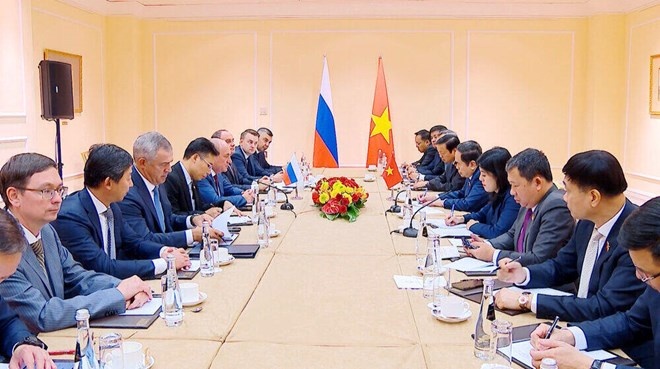
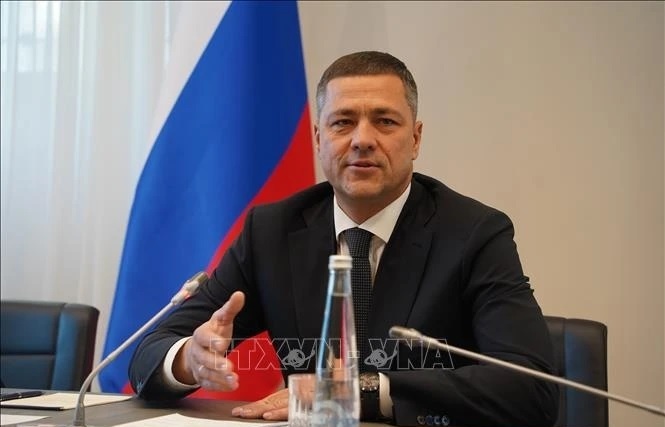
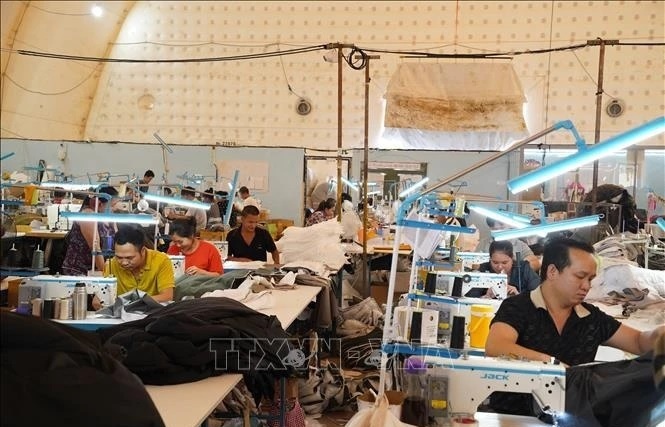
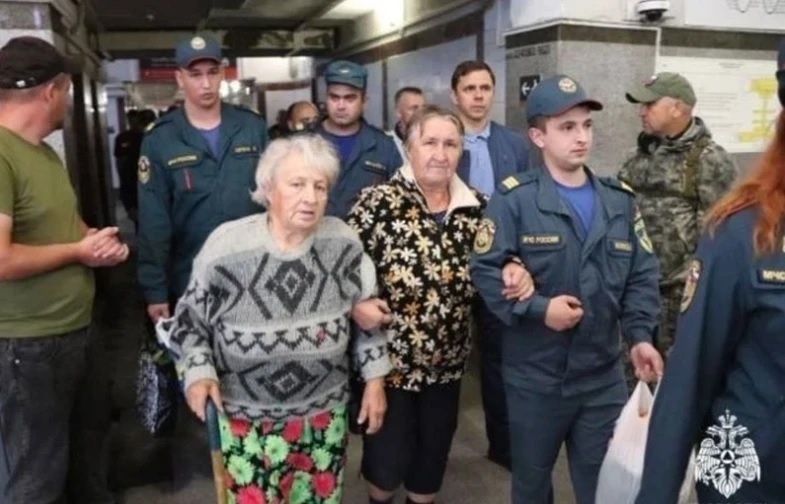
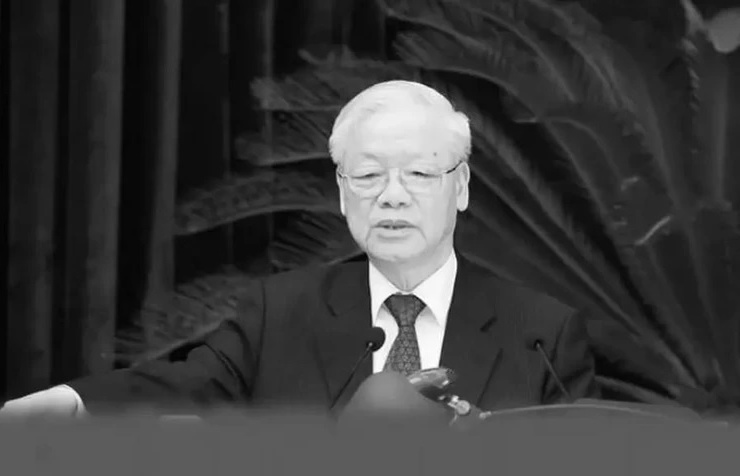
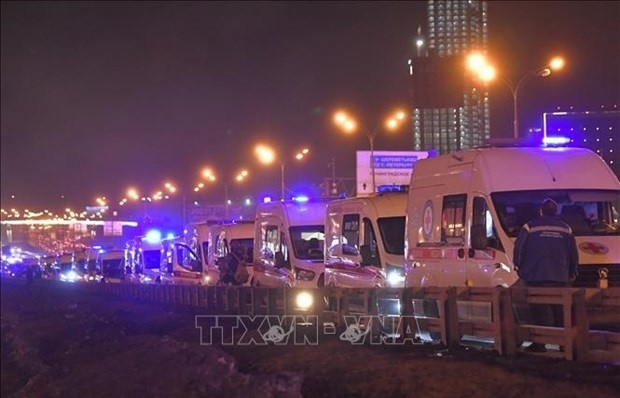
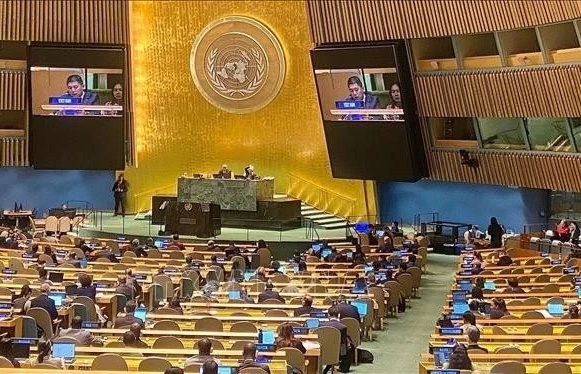
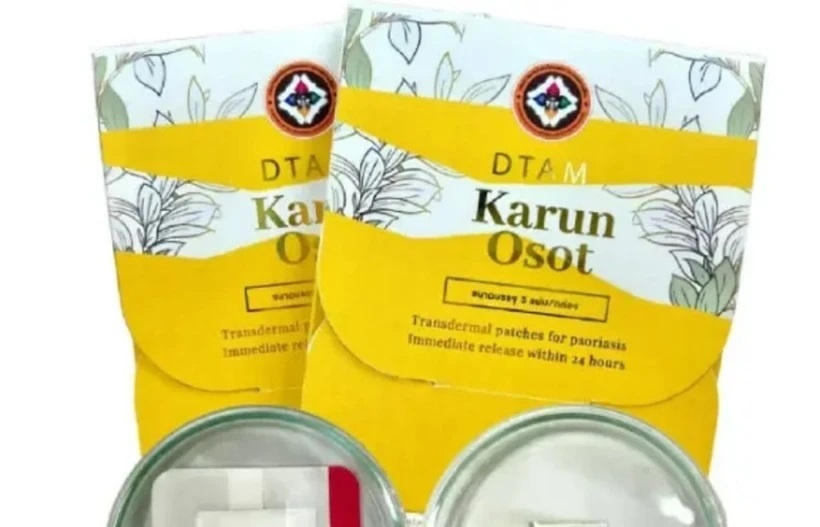
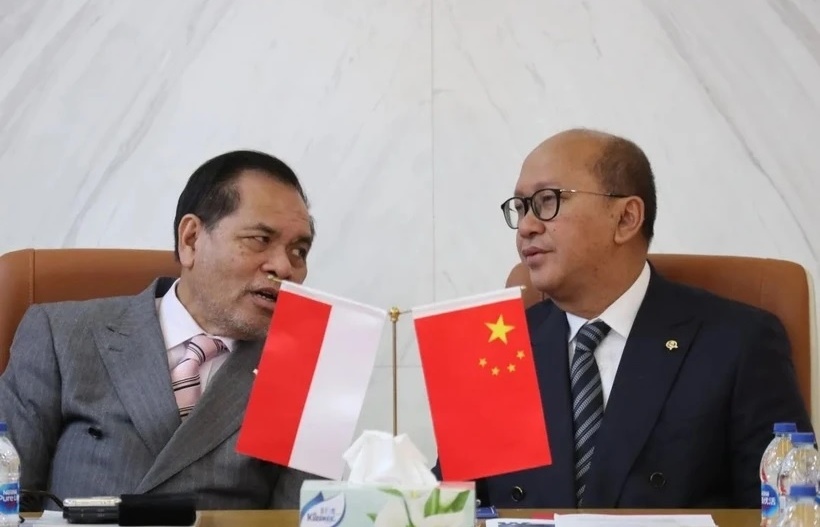
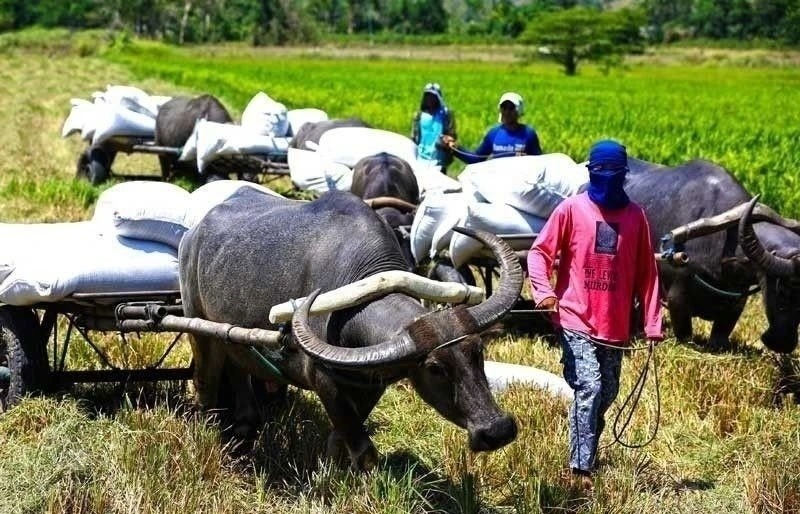
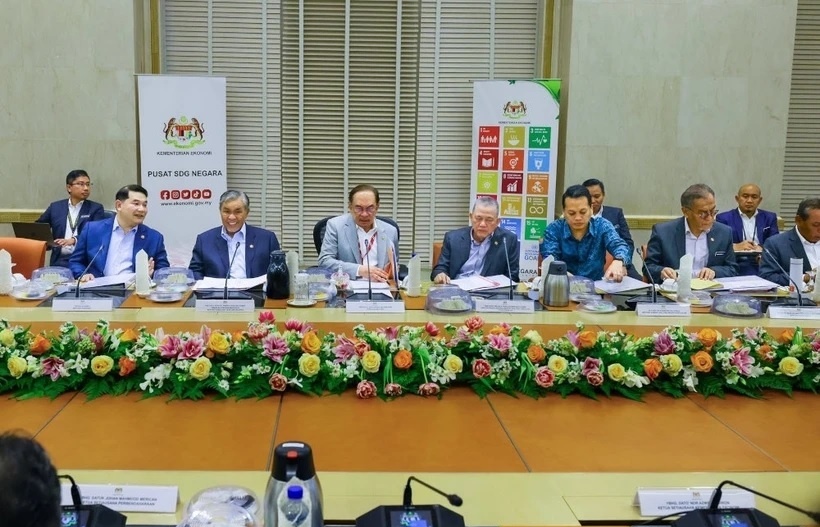
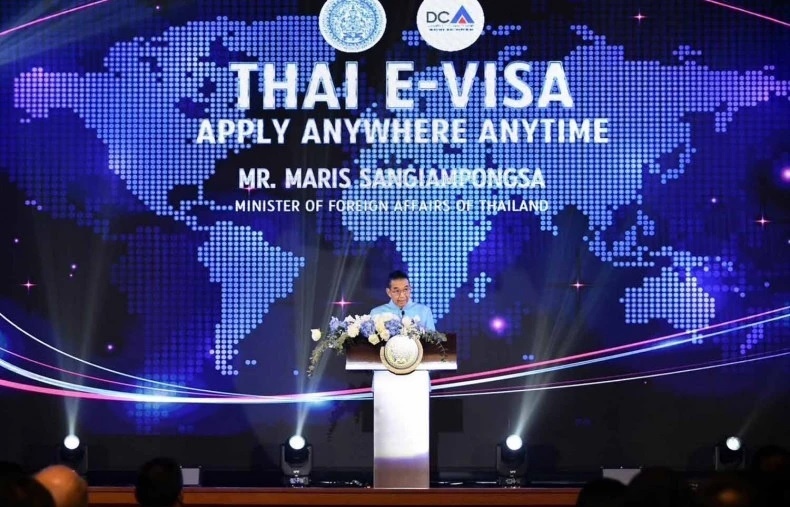


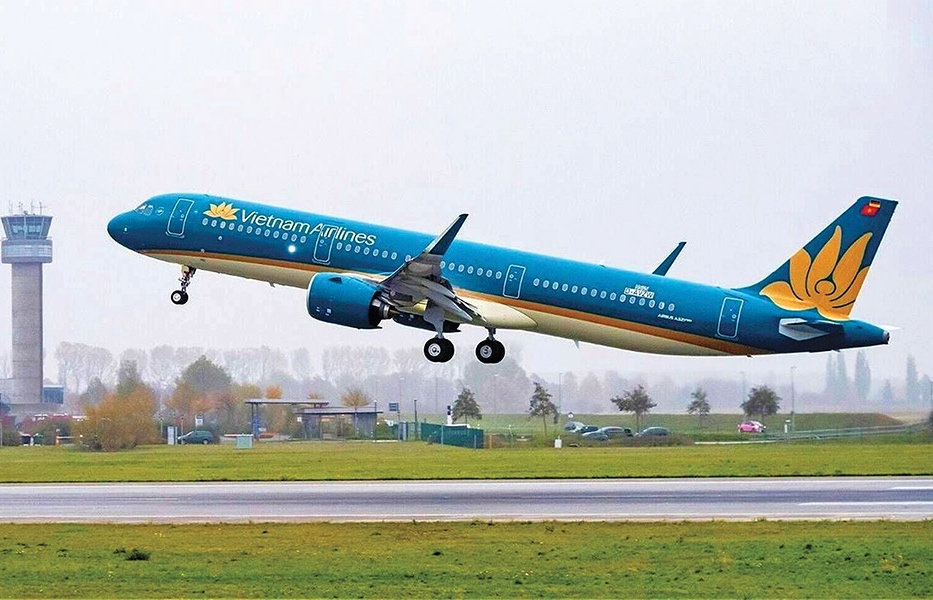
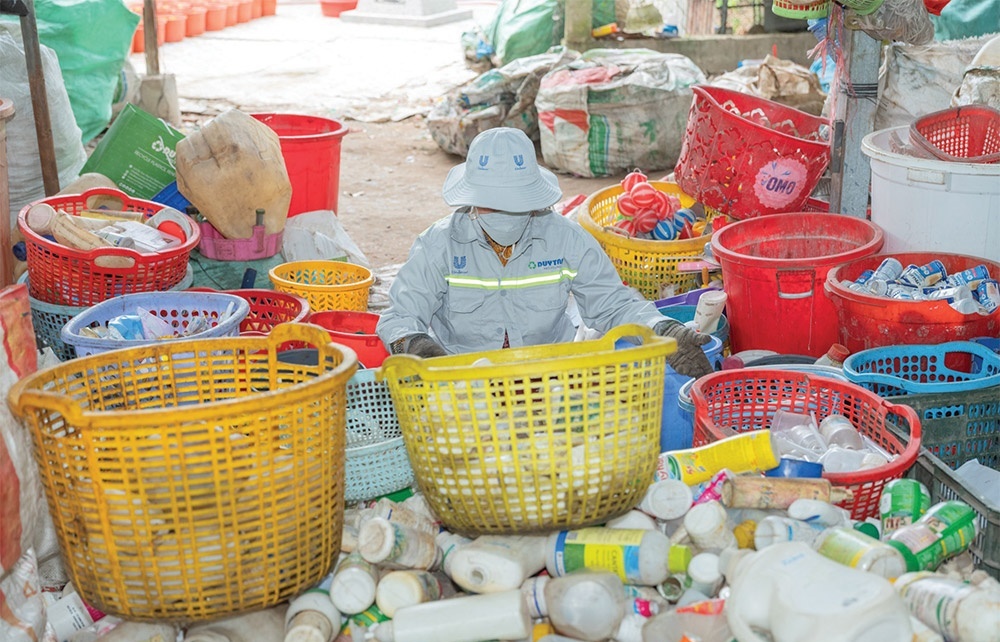

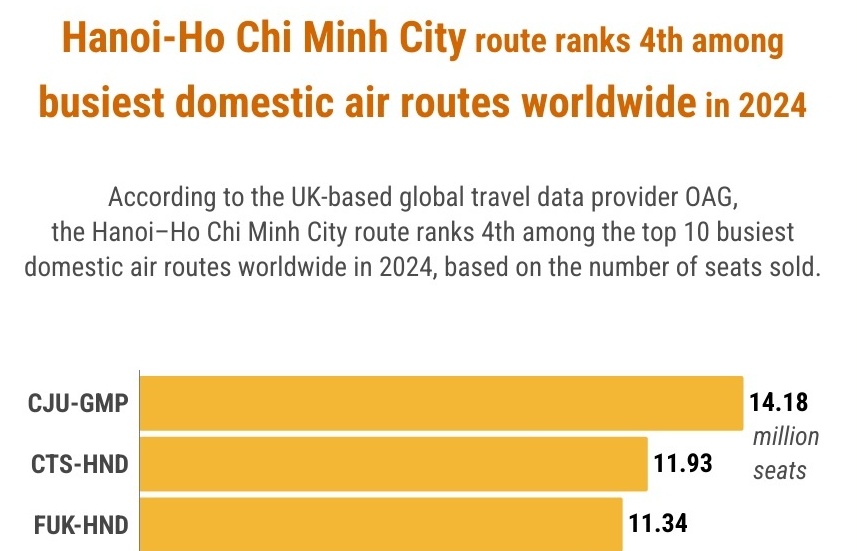



 Mobile Version
Mobile Version